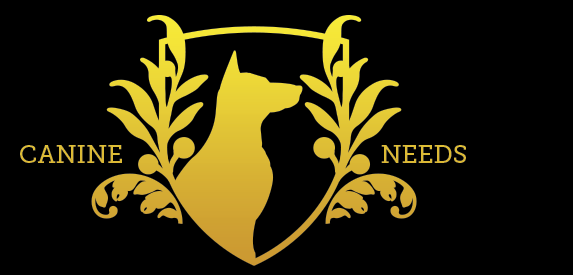so·cial·i·za·tion [soh-shuh-luh-zey-shuhn]
noun
A continuing process whereby an individual acquires a personal identity and learns the norms, values, behaviour, and social skills appropriate to his or her social position.
The act of meeting for social purposes.
Firstly I would like to clear up the misunderstanding of the word socialisation when we talk about puppy socialisation. There are two definitions for the word, as written above. The second definition is the most commonly used and therefore assumed, the first definition is what is actually meant by puppy socialisation.
The Primary Socialisation Stage for puppies is 3-6 weeks old. In this time, at your pups Breeder's house, your puppy will have gotten used to living in a household and familiarising itself with all the sights and sounds of everyday household things such as electrical appliances, people coming in and out, and hopefully children running around, cats etc. This is also the time that your dog learns everything it needs to know from it's Mother and siblings and sometimes even Father. In a nutshell, by 6 weeks old your puppy has become fluent in 'dog language' having learnt everything it needs to know about being a dog.
The ideal age to get your puppy is around 7-8 weeks. Now it's your turn to make the absolute most of the Secondary Socialisation Stage. Many puppies are naturally shy and reserved, especially with strangers and different environments and must be taught how to thrive in a human environment. This will be crucial for the development of your puppy to ensure a well balanced adult! Don't worry if you can't get your puppy until slightly later, you can ask your Breeder to do this stage for you (although ideally you wouldn't want to pick up a puppy much after 9 weeks old).
It has been written that the Secondary Socialisation Stage is between 6 and 9 weeks old but it is more commonly accepted as being 6-12 weeks old. The main aim here to teach your puppy 'human language' or how to integrate into human society. There is research available that supports the fact that puppy socialisation classes or 'parties' where in, a group of puppies are put together to play does nothing to teach your dog 'human language' or how to be part of your community. It only gives the puppy more opportunities to practice what it has already learnt in the litter and encourages your puppy to disregard people and ignore his owner whilst developing aggressive technique through play. The only situation where this would be of benefit would be in the circumstance of only pups (one born in the litter).
Even before your puppy is allowed to walk out in public (pre jabs), it is up to you to carry your pup to everywhere he will be expected to accept when he's had his jabs and more. You also want your puppy to meet as many friendly people as possible so that your pup has positive experiences with people and learns that they are 'friends'. Pass your puppy around for cuddles when he is sleepy or encourage friends to play fetch with him when he has lots of energy! I find massage helps calm a puppy that just won't settle. Allow your puppy to spend time with/relax in the company of people from all walks of life, children and the elderly, drunks and extroverts, all races, different hairstyles, dreadlocks, punks etc. all different types of clothing, different hats, hoods, big sweeping shawls and coats, people exercising outside, especially things like press ups etc. Examples of great places to spend time with your puppy would be pubs, cafes, shops, high streets and shopping destinations, wait outside supermarkets, take him to friends houses, parks (especially in Summertime), markets, carnivals, festivals and big crowds, parties, city centres, rural countryside, farms, all public transport, trains and stations, buses, tubes and trams etc. even if you don't plan on using all these things with your puppy in future, it all adds to varied life experiences for him. It can sometimes help to get a 'dog in training' vest/lead as people tend to be more permitting of dogs in public places wearing these.
It is also a great idea, if you have knowledgable/dog people willing to help you, after you have had your puppy for a couple of weeks, give your puppy to a friend/family member to look after for a few nights and maybe they give your puppy to another family member to look after for a couple of nights etc. it teaches your puppy that all humans have the same intentions, all humans feed you, play with you, cuddle you and look after you etc. and are not to be feared. This exercise can be repeated several times, feel free to go on holiday!
Once your puppy is allowed out and about in public which should be no later than 11 weeks old (post jabs) you can repeat the last paragraph, going to as many places as you can! You can also start to introduce how your puppy should behave around dogs. It is wise not to encourage your puppy to play with other dogs/puppies too much. Choose your dog's role models carefully. It is a myth that dogs need friends of their own species. A dog's owners and family should be his friends if you want him to integrate into our society. As an example of this research, the Anatolian Shepherds will take a puppy Anatolian Shepherd Dog at 6 weeks old and raise it with sheep and no human contact what so ever. The dog then grows up believing he is the same as the sheep or the sheep are the same as him but either way the dog will defend the sheep from anything including others of his own species - dogs, wolves, bears, cheetahs, coyotes etc.
Please feel free to contact me for more information or if you would like to discuss any of these points further.

